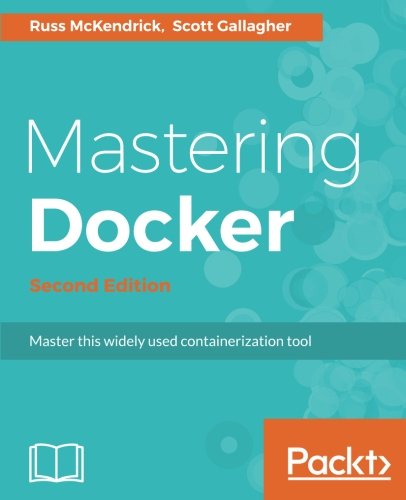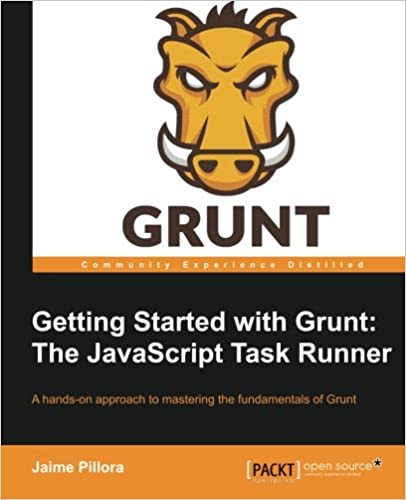; Date: Wed Jun 14 2006
Tags: OpenJDK »»»»
You may have heard of this announcement "it's a matter of when" .. well, that's turned into a lot of planning and meetings and discussions inside the java team. I haven't been able to post any blog entries, because my time has been consumed with those discussions and there's basically very little I can say because of the nature of those discussions.
But what just came to mind is an open source project I once led .. long before the phrase "open source" had been invented. And, how I contributed to the death of that project due to mishandling its governance.
In the 1980's I was a system/network administrator at the University of Kentucky Mathematical Sciences department. Our systems became known as ukma when we joined Usenet in 1985 or thereabouts (which I instigated), and later became known as
ms.uky.edu when we joined Suranet/NSFNET a couple years later. One of my roles was running the CSNET connection that, before we joined NSFNET, was the primary path our email took to get onto the Internet. In the 1980's the Internet Service Provider business had not been invented until UU.NET and
PSI.NET went into business around 1990.
Because of our CSNET connection I had configured our systems to use MMDF rather than the ubiquitous Sendmail. It was my considered opinion back then that Sendmail had a horrendous configuration file which didn't make any sense, while MMDF's configuration was rather straightforward. It pretty easily handled interfacing to multiple email channels, writing email addresses appropriately for UUCP or BITNET or CSNET or the Internet all with little fuss other than understanding the configuration file details (which were tons easier than Sendmail's).
MMDF began life as a project by Dave Crocker to supply an MTA to the Defense Department. At least I think that was the history. In any case by the time I learned of MMDF, CSNET had adopted it, including handling maintainence. In modern open source terminology, the MMDF project had migrated from Dave Crocker at the Univ of Delaware to Chris Partridge and a couple others at CSNET. I, and my U of KY colleague Ed Bennett, did so much work to fix bugs in our copy of MMDF, that the CSNET team then handed leadership of the MMDF project to us for further maintanence.
We handled the project reasonably well for a couple years. But then we graduated. Ed got a Masters in EE while I got a BS in CS. We both ended up working for The Wollongong Group. Our job was to create a commercial MTA for the networking world of the early 90's, derived from PP, an MTA that handled both the RFC-822 Internet as well as the X.400 ISO world. In the early 90's the X.yyy world of ISO standards was supposedly going to take over networking, but fortunately the TCP/IP Internet won out and the ISO standards are merely an asterisk in network protocol history. That is, except for LDAP which derived from X.500. Our availability to continue MMDF maintainence went to around zero, partly due to time commitment to our employer, and partly because we didn't have system resources to continue MMDF testing and development.
What we should have done, and eventually did, was to hand off maintainence to someone ... but we didn't, for whatever reason.
That meant a long dry period where the project was not maintained. I kept receiving bug reports and fixes, but could only file them away into the MMDF mail folder hoping I could have some time to work on it. Time which never came. There were no updates, and the user community dried up. By the time we handed off MMDF maintanence it was too late because the user community had largely gone away. Due to mishandling governance a worthwhile project (MMDF) lost momentum. I'd like to think that MMDF could have taken a place alongside Exim, QMAIL and Postfix as a viable Sendmail alternative.
Getting back to today ... I'm participating in meetings about open sourcing the Java source, governance models, infrastructure needs, and on and on, and this gives me pause to think about that ancient history.
Source:
weblogs.java.net











